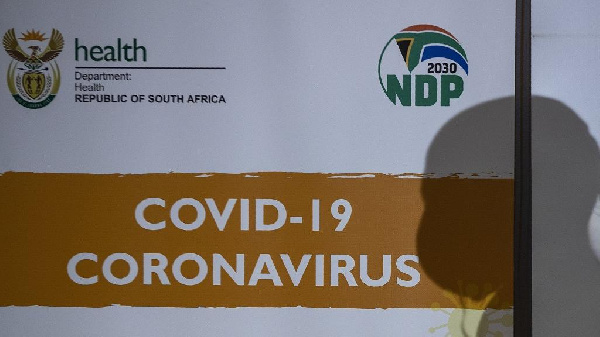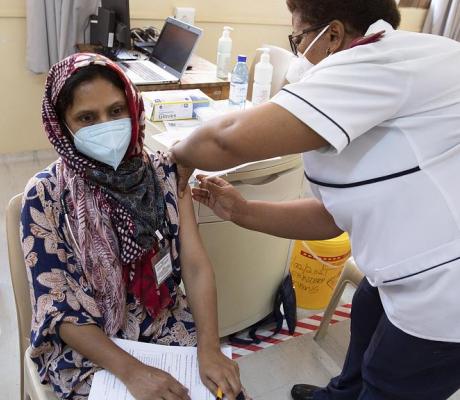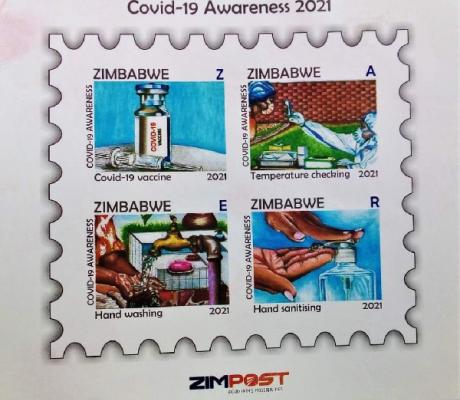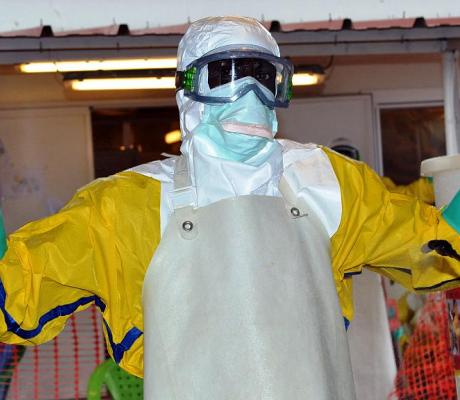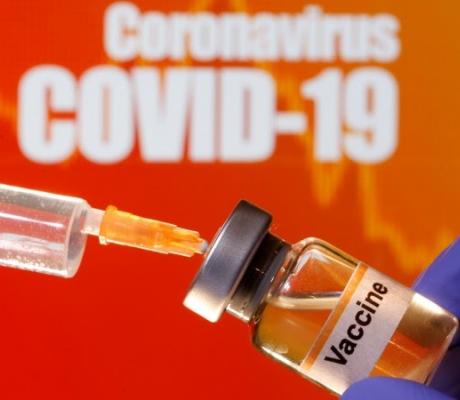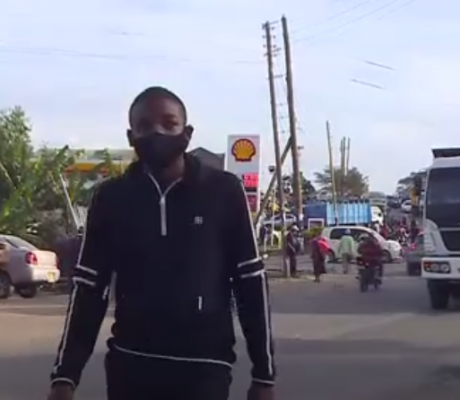South Africa has become a COVID-19 model for the continent in many ways since it confirmed its index case on 5th March, 2020.
From the area of testing through to record number of recoveries, South Africa has been praised for pro-activeness in combating the virus.
The economic intervention measures rolled out by President Cyril Ramaphosa has also been classed as one of the most comprehensive across the continent. South Africa was one of the earliest to roll out such measures.
That President Ramaphosa is also the current Chairperson of the African Union, AU; means he has the delicate task of juggling national tasks withe the continental as Africa seeks global support to combat the pandemic.
Key statistics as at July 15 The total number of confirmed cases = 311,049 The total number of tests so far = 2,278,127 Total death toll = 4,453 Total recoveries = 160,693 Most impacted provinces = Guateng, Western Cape, Eastern Cape, Kwa Zulu-Natal July 16: Virus epicenter shifts away from Cape Town: AP report Health officials in South Africa decided Thursday to reduce the capacity of a COVID-19 field hospital in Cape Town, a sign that the situation may be improving in the city that was Africa’s first coronavirus epicenter.
Declining numbers of patients prompted the decision to reduce the size of Khayelitsha field hospital from 60 to 30 beds, indicating cautious optimism among health workers.
The field hospital will send 30 of its life-saving oxygen concentrating machines to other parts of the country where they are desperately needed, an aid worker, Sean Christie, said. Where they will go is still to be decided.
There have been calls for the machines from “all over” South Africa, he said. They take room air and boost its oxygen content before delivering it to a patient through a mask or nasal tube and have proved to be critical in helping save the lives of some COVID-19 patients.
Virus hospitalizations are surging across other parts of South Africa, especially in Gauteng province, which includes the country’s biggest city, Johannesburg, and the capital, Pretoria. Numbers are also growing significantly in the more rural Eastern Cape province.
The Khayelitsha field hospital was constructed in a sports hall in one of Cape Town’s poorest and most densely populated areas as a partnership between Doctors Without Borders, also known by its French acronym MSF, and the local Western Cape province’s health department.
The field hospital will be reduced to 50% of its capacity as soon as possible, MSF spokesman Christie told The Associated Press.
He said some of the MSF team would be re-deployed to help in a town in the Eastern Cape province, where health services are reportedly struggling.
Gauteng province this month overtook the Western Cape in total confirmed COVID-19 cases. In just a week, Gauteng’s cases have increased by more than 37,000 to 112,714, according to the health ministry. In the same time period, Cape Town’s confirmed cases increased by just over 8,000 to 81,556.
South Africa has more than 311,000 cases, according to the tally by Johns Hopkins University, making it the country with the eighth-biggest caseload in the world, above Britain, Spain and Italy. South Africa has had relatively few deaths, at around 4,500.
There are fears the death rate may spike if hospitals elsewhere in South Africa aren’t able to handle the surge in cases. Gauteng, currently the province under the most pressure, is South Africa’s most populated with more than 12 million people.
“The storm of the virus is expected to hit Gauteng, which has 25% of South Africa’s people, many in densely populated areas,” Bandile Masuku, the province’s top health official, said Thursday.
“We expect the pandemic to grow here in Gauteng, increasing pressure and stress on our health system, from the end of July, perhaps reaching a peak from mid-August to September,” he said on a webinar by a local news site, the Daily Maverick.
The emergency could “expose the gaps” in Gauteng’s health care system, he said, describing how the province is racing to build field hospitals, supply beds with oxygen and hire doctors and nurses.
Key statistics as at July 7 The total number of confirmed cases = 205,721 The total number of tests so far = 1,864,111 Total death toll = 3,310 Total recoveries = 97,848 Most impacted provinces = Guateng, Western Cape, Eastern Cape, Kwa Zulu-Natal July 7: Cases pass 200,000 mark South Africa is Africa’s most impacted nation by a mile even as government continues to reopen the economy and schools across the country. As of Monday July 1, coronavirus cases in the country had crossed the 200,000 mark. The figure represents over 41.7% of Africa’s total caseload which stood at 492,805 cases as at July 7, 2020 at 10:00 GMT according to John Hopkins University tallies.
According to Health Minister Zweli Mkhize, four provinces – Gauteng, Western Cape, Eastern Cape and KwaZulu-Natal – which were at risk of a surge could be locked down to better control spread.
The country has consistently recorded thousands of new cases daily. Government has defended a strict lockdown stating that it was key to spread of the virus.
South Africa has also run over 1.8 million tests, the only African country to reach that figure. The death toll has passed 3,000 with over 97,000 recoveries. Concerns have been raised about the health system – one of Africa’s most developed, being overwhelmed by cases.
The closest country in terms of cases is Egypt with over 76,000 cases whiles Nigeria is going towards the 30,000 mark. Ghana breached 20,000 recently whiles Algeria with 16,000 plus cases completes the top five.
South Africa, Africa’s most industrialized nation is also involved in the human trials for a Covid-19 vaccine developed by Oxford University.
Source: africanews.com

